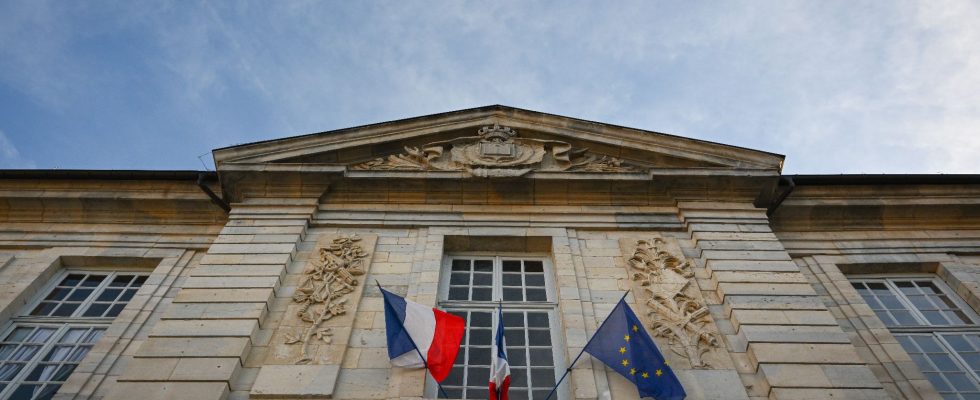Everyone chuckles. Television infuses us with pain. I missed cooking the chicken supreme because my mother didn’t trust me, but I don’t let go… We are called upon to understand, to discern reasons, to glimpse causes if not apologies. A cohort of unfortunates advances, to whom not much has happened. Nothing to do with the suffering of those who have lost a child, their legs, been raped, unjustly imprisoned, had to leave their country, but these orders of magnitude do not trouble anyone. My “felt” weighs as heavily as objective reality. Race report: a wokist wakes up in everyone as soon as he sees his advantage. The quest for secondary benefits – the afternoon without school (but with video games) of the child struggling with his runny nose – vies with football for the title of national sport. And here we are, people of victims, claiming rights in return for our miseries. Basically we complain.
Complaint, victim, claim… The very heart of the law. A priori, lawyers should have a lot to say on this. Especially since the French company is deemed to follow the American closely. As we know, one of the strongest beliefs is that, like our neighbors across the Atlantic, we French people sue for a yes and a no as soon as we think we have suffered the slightest damage. It would also be quite normal for such a groaning country to rush to the judge to obtain compensation for its torments. And then there is so much talk about the backlog of the courts…
The reality, however, is not so intuitive. Oh, certainly, to stay with the chapter of the intimate dramas, one sees multiplying the circumstances in which a person accuses another of having damaged his being more than his heritage. It has even become one of the daily tasks of magistrates to sort out as best they can the wheat from the chaff, especially when it comes to harassment, sexual or moral. For once, there is no doubt that these trials – or the uses of this type of argument in commonplace procedures (divorces, dismissals, etc.) – have multiplied. But does this mean that, in general, people are heading en masse to the judges to seek compensation for their various and varied damages?
It is not certain, nor is it certain that we have reliable and easily accessible data to verify it. We count little and poorly on this kind of thing in France. And those who do it work in general indifference, which also poses a huge problem because anyone can say almost anything without great risk of being contradicted by the production of figures safe and objective. It would be better, however, not to legislate on legal fantasies…
The great pains are far too silent
Be that as it may, we would benefit from going to see it closely and especially to look at the side of the trials that are not done. We all experience or know of renunciations of taking legal action, such as that of a grandmother who would have accepted the very low offer of the insurer after being run over by a driver when she could have gone to court and obtained much more. . The reasons are sometimes good, sometimes less: not enough money, not enough knowledge (assessing the chances of success, choosing the right lawyer, knowing how much it will cost), no time, no energy to fight against more stronger than yourself…
An egalitarian democracy should, however, concern itself with such situations: identify them, analyze them, seek to remedy them… They are detestable when they lead to serious damage not being repaired. They violate the Declaration of Human Rights, Article 16 of which “guarantees” that our rights are neither theoretical nor illusory. None of this is good. But who cares ?
France is swimming in full paradox and full indecency. Here, a sea of imaginary victims to whom we give up everything; there, an ocean of real injustices that we don’t care about. We should meditate on popular wisdom, tell ourselves that the great pains are far too silent (compared to some others), draw a little righteous anger from it, think about it, want it to change.
